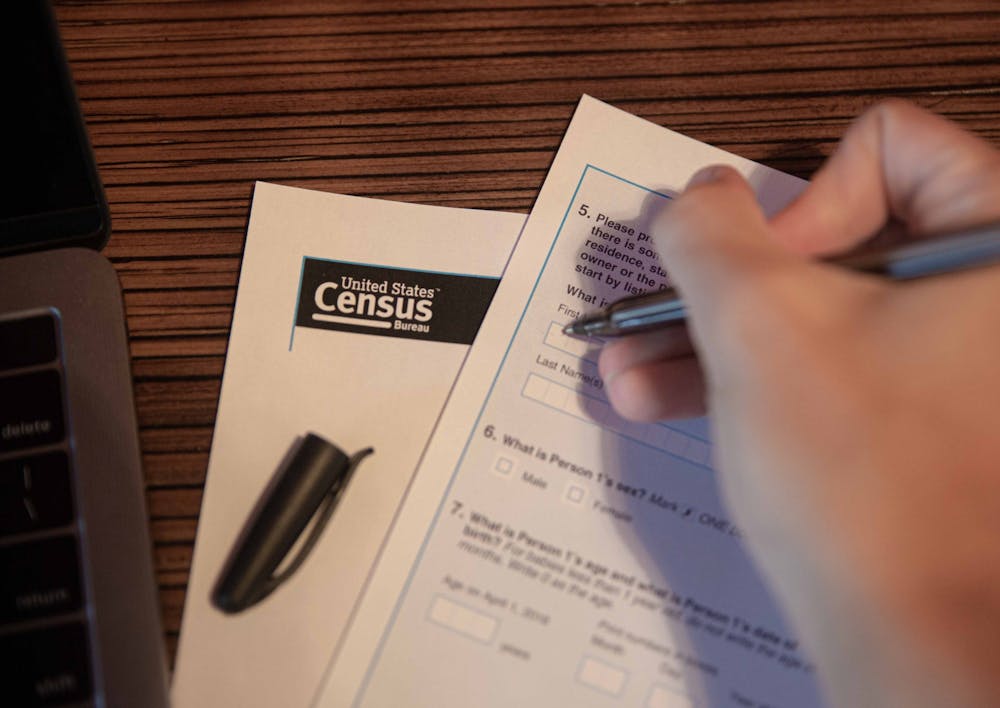Sept. 30 will be the final day people can submit the 2020 census. The census is a massive national undertaking by the United States Census Bureau to assess the population of the nation, taken at the start of each decade.
The census plays a large part in determining where resources are allocated for things like schools, infrastructure and public services.
Because many college students split their time between their college residence and their family home, there are a few important things for college students to remember when completing the census.
People are counted at the address where they live most of the time, even if this was not where they were on April 1, the official census day. For example, if a student’s primary residence is their off-campus housing, but they were visiting their parents on April 1, they would still fill out the census with their off-campus address.
Students who were in on-campus housing are counted by the University through the Group Quarters program, so those individuals do not need to take action.
Students who were forced by the pandemic to leave their on-campus housing before April 1 will still be counted at that address by the University for the purposes of the census.
Because college communities are historically undercounted in the census, local governments have engaged in purposeful efforts to try to remedy the undercounting.
One such effort is the Complete Count Committee, an Orange County government body designed to help the Census get accurate numbers in the area. Todd McGee is community relations director for the county and a member of theComplete Count Committee.
“The census is important just because it helps determine $675 billion in federal funds,” he said. “College kids need to know that they should fill it out — don’t rely on their parents to do it.”




